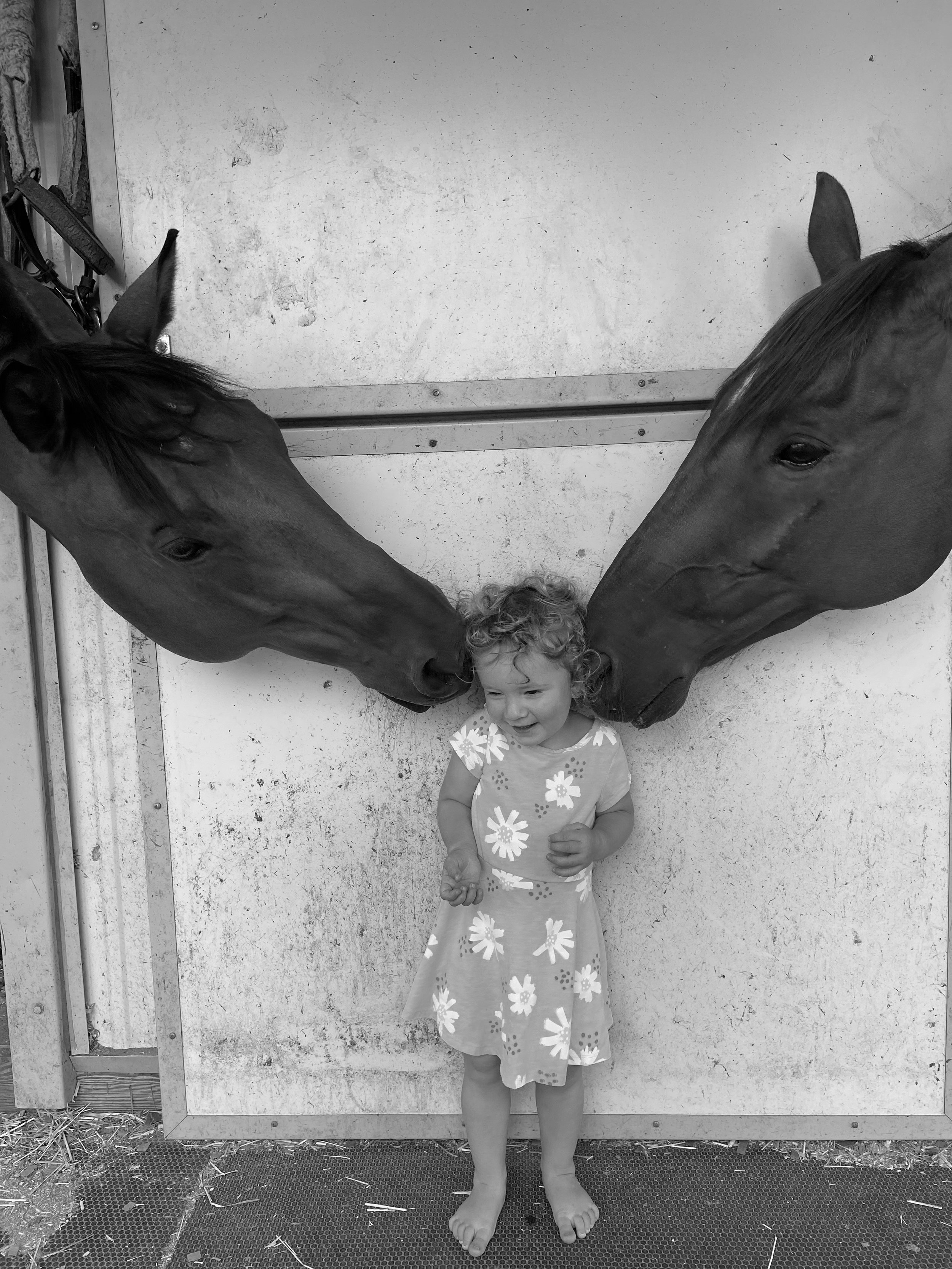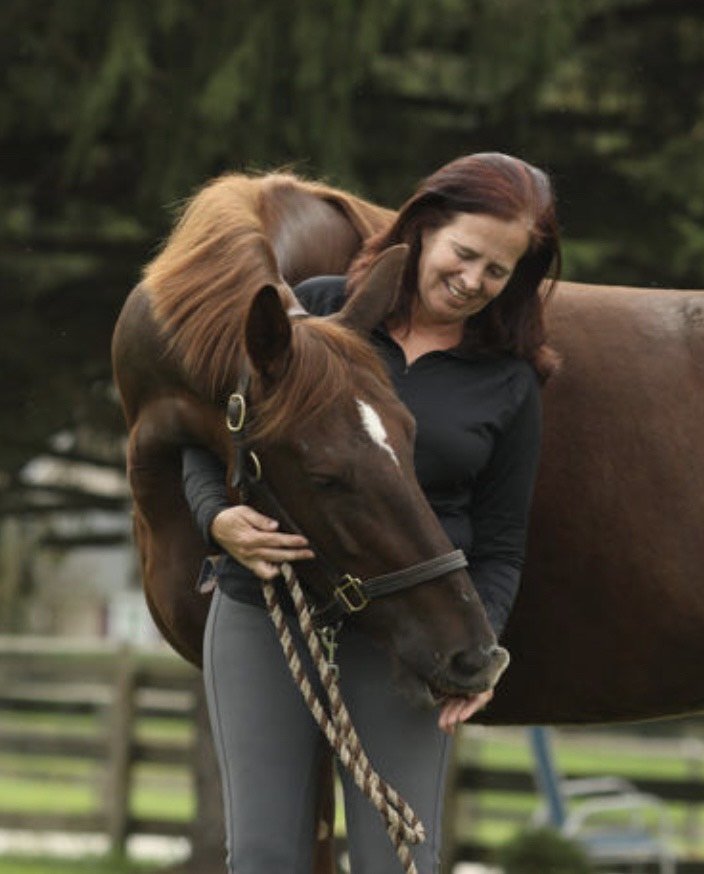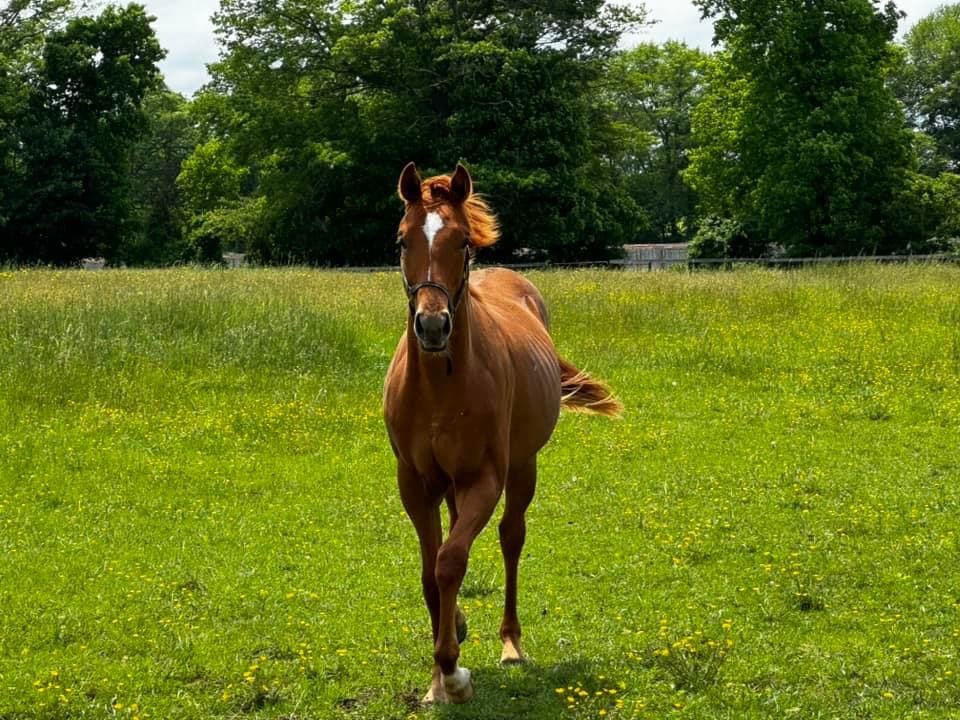My Legacy—5 Things
It all begins with an idea.
If I died tomorrow, these are 5 things I want people to know about horses:
1) Your horse isn’t bad—they are in pain, fear or confusion and they will react with fight, flight or freeze.
2) Your horse is always reading and communicating with you, even when they seem like they aren’t.
3) Your horse must have their basic needs met before they can calmly work with you. They must have adequate food, water, shelter, turnout, opportunities to graze and room for herd interactions and movements at all gaits.
4) Your horse cannot be ridden the way you want if either of you has tension. If more pressure makes things worse, use less pressure instead. Many times, less is more with horses.
5) Your horse is always trying. If the answer they give is wrong, find another way to ask or break the question down into smaller steps.
The order to fix things is always CALM, FORWARD, STRAIGHT.
Love,
Lisa
Boundaries
It all begins with an idea.
Boundaries don’t have to be aggressive! Read that again.
I am often asked to work with people who let their horses push and drag them all over, both on the ground and under saddle. When I ask them why this is happening, the usual answer is that they don’t want the horse to be mad or upset with them. Or I see people who were told to use harsh training methods to get their horse to be obedient but now the horse is worse or showing dengerous behaviors. It is a relationship that has become fear based.
Your horse just wants to know the boundaries. You don’t have to set boundaries in a rough or aggressive way. You just need to be clear and consistent. If your horse seems upset or worried by this, they do not understand you. You need to break down the steps, be clear in your mind about what you are saying, take more time, make sure they are healthy and sound enough to listen, and have patience.
Training your horse isn’t about obedience or punishment. It is about learning, communicating and understanding between two species and it’s one of the best feelings on earth when you and your horse have that connection. I would love to help you and your horse find a relationship based on mutual respect and understanding. If this is something you would like help with, please contact me at 215-820-8804 to set up an evaluation or lesson.
Are You Teaching Frustration?
It all begins with an idea.
I started watching a BBC show called TaskMasters. Five comedians must complete a series of tasks to collect points and hopefully win a useless trophy at the end of the season. I think it’s fascinating to watch people problem solve, but one task especially stood out to me.
The participants were broken into teams, put in a squash court and told that the team to score 11 points in the fastest time would win. But the court contained several unrelated items like a table, a potted plant, a tray of cupcakes. Above the court on a balcony was the show’s co-host who silently worked a scoreboard. The teams quickly figured out the point system had nothing to do with playing squash but they had no idea why the co-host was giving or taking away points. They tried lots of things, saying certain words, standing in certain spots, touching the objects in the room.
The first team did eventually figure out the scoring system. Spoiler alert: it was 1 point given if a participant touched their head, one point taken away if a participant nodded their head. Even after they figured out the system, they hesitated before quickly patting themselves on the head to get 11 points.
The second team never did figure out how or why they got points. A few team members seemed to have a habit of touching their hair or nose so they got points and never knew why. Even though they completed the task, they were frustrated at the end and threw things around the court as they left.
I’m sure you know where I’m going with this! Does your horse know what you are asking? Are you giving positive feedback to help them understand? Are you taking away “points” and making the ask harder? Does your horse have a natural behavior that makes learning what you want harder or easier?
Interestingly, the second team, the team who never figured out the system and left the squash court frustrated and acting out, won the competition. They won because they naturally demonstrated the point giving behavior and didn’t naturally demonstrate the point taking behavior. The co-host was silent and stone faced throughout. His lack of feedback, other than awarding points, was part of the reason for the frustration at the end. The player on the first team who figured out the system said later that when he finally understood the game, it felt like one of the greatest things he had ever accomplished!
Back to our horses, this means training isn’t just positive or negative feedback. Do you observe your horse and notice what behaviors they do naturally? Are these behaviors caused by or a source of frustration? Do you give your horse enough time and repetition to figure out what you want? Do you allow your horse to really learn what you are trying to convey or do you sit, silent and stone faced, and end a session. Is your horse more frustrated the next time you work with them or are they excited because they are learning and figuring out the game?
So much of riding and training is clear communication, observation and understanding. If you need help observing and understanding some of your horse’s behaviors or if you want to make sure you are communicating in a way that helps them learn and makes the “game” fun, please reach out to me for a lesson or evaluation. You can call or text at 215-820-8804.



